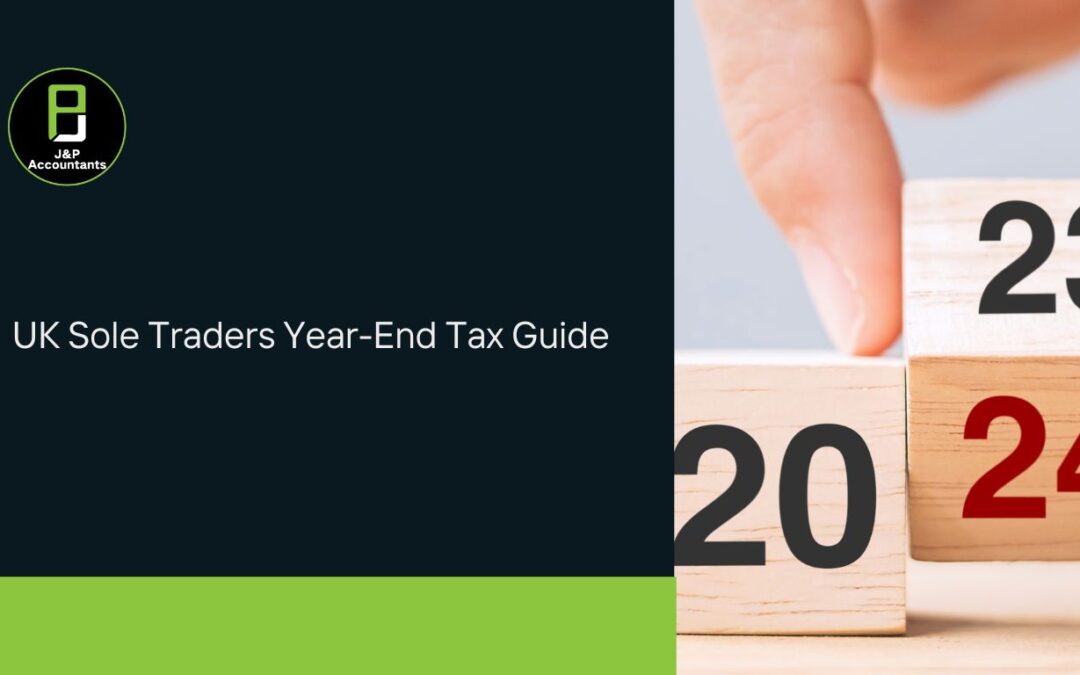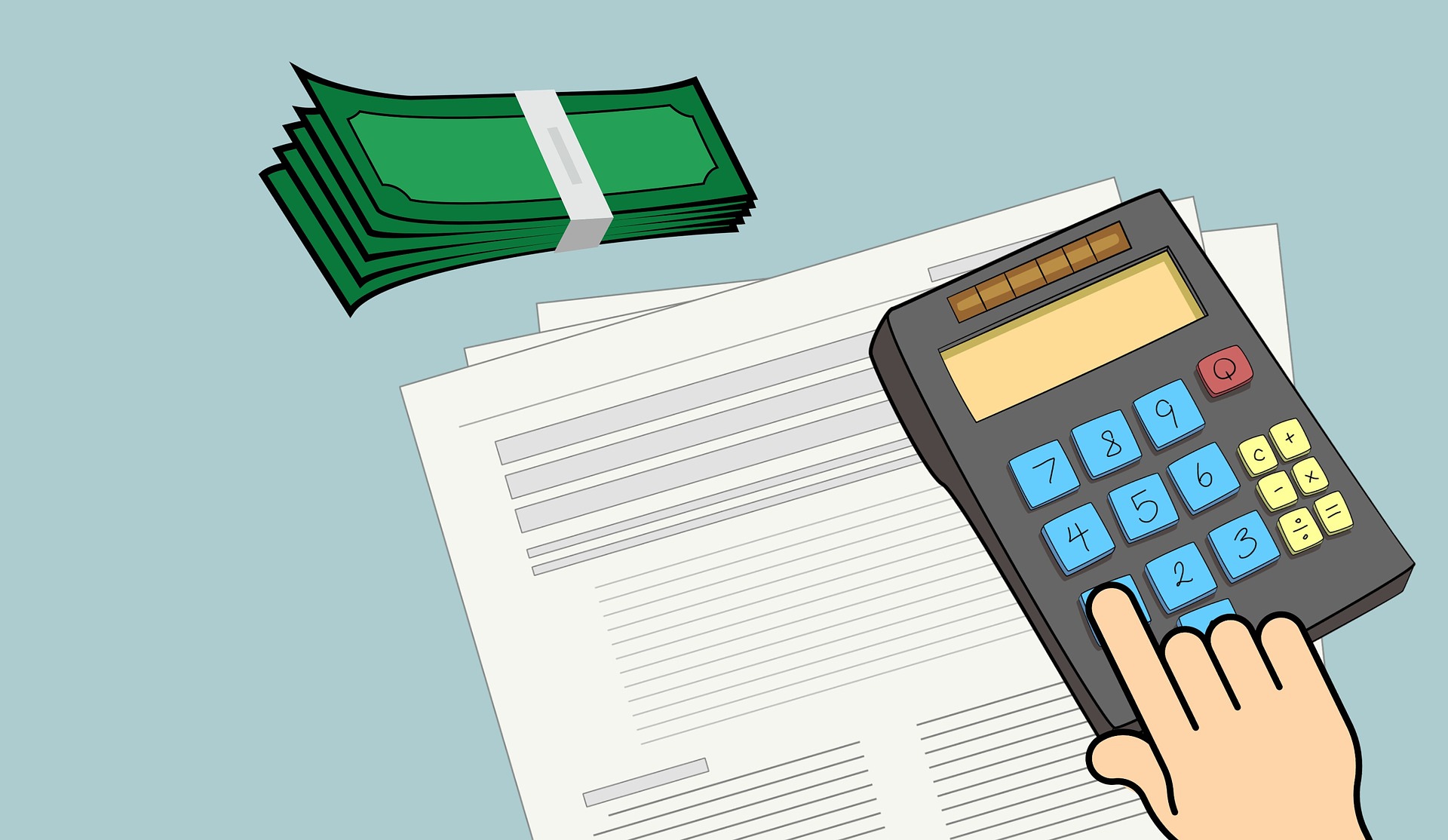If you’re a sole trader, keeping an eye on some year-end deadlines is crucial.
Ensuring sound financial health and tax compliance is paramount.
Our accounting team has compiled a detailed guide to help you prepare for the upcoming year.
Tax Return Deadlines
- Understand the deadline: Sole traders in the UK typically need to submit their annual tax returns by January 31st. Familiarize yourself with this date to avoid potential fines and interest.
- Prepare in advance: Don’t wait until the last minute. Get all necessary documents and financial records ready in advance to ensure a smooth tax filing process.
- Apply for an extension: If you need extra time, reach out to tax authorities in advance to apply for a possible extension, ensuring you can complete your taxes within a suitable timeframe.
Keeping Financial Records
- Review accounts diligently: Scrutinize your accounts, ensuring accurate records of all transactions, expenditures, and income. This forms the foundation for correct tax filing.
- Keep invoices and receipts: Retain all relevant invoices and receipts for verification when needed. Compliant financial records are fundamental for tax audits.
- Professional accounting team: Engage a professional team to record and categorize your financial transactions. This aids accuracy and saves time.
Tax Compliance
- Understand tax regulations: Stay informed and adhere to UK tax regulations. Changes in tax laws can impact your tax situation, so staying updated is crucial.
- Seek professional advice: If uncertain, consult professional tax advisors. They can provide wise counsel to ensure your tax strategy is optimized.
- Avoid tax evasion: Compliance with all regulations is key to maintaining a strong business reputation. Avoid attempts to evade taxes, which can lead to significant penalties and legal issues.
Depreciation and Amortization
- Asset review: Review your business assets, ensuring accurate calculation and recording of depreciation and amortization. These financial tools help reduce your taxable income.
- Update depreciation schedules: If you acquire new assets, ensure timely updates to depreciation schedules. This reflects actual values and provides more accurate tax benefits.
We understand the busy holiday season for sole traders, but taking the time to organize your company’s finances is essential.
This provides effective data for your next year’s expenditures and budget planning.
Additionally, HMRC requires businesses to retain financial records for at least six years.
Start organizing early to be prepared for any future needs.





